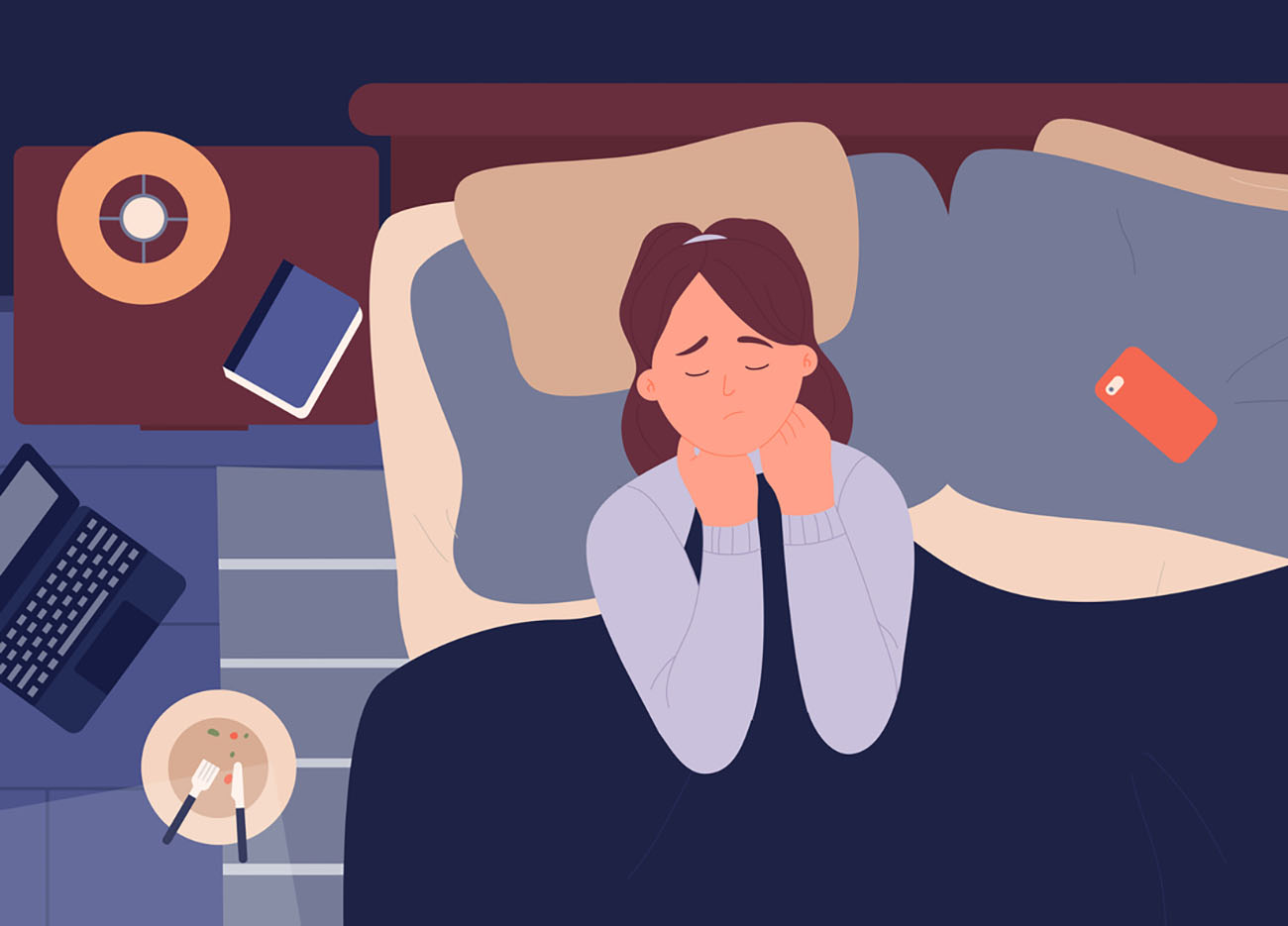The stress it is a normal reaction of our body when we face pressures, challenges or dangerous situations. However, when it becomes chronic or excessive, it can negatively affect our mental and physical health.
Stress is an inevitable part of modern life. From daily obligations to unforeseen events, the rhythms we follow can easily lead to feelings of stress and anxiety.
The symptoms of anxiety are multiple and often vary from person to person. Many people experience difficulty sleeping, feeling tired, lack of concentration or even physical problems such as headaches or muscle aches.
At the same time, the intensity of stress can reduce our quality of life, affecting our relationships, our work and our daily activities.
In an age where options for managing stress are varied, many are turning to natural methods that are not only safe, but also have long-term benefits for the body.
The good news is that there are natural ways that can help manage it effectively. Here are some suggestions that have proven effective.
1. The power of breath
Deep, controlled breathing is one of the most immediate and natural techniques for reducing stress. The 4-7-8 method, for example, involves inhaling for 4 seconds, holding the breath for 7 seconds, and exhaling for 8 seconds. This technique lowers the heart rate and induces a sense of calm.
2. Exercise and movement
Physical activity helps the body release endorphins, the so-called “happy hormones”, which improve mood and reduce stress. You don’t need to start something drastic. A walk in nature, cycling or even a few minutes of yoga are enough to significantly reduce stress.
3. Nutrition and stress
Diet plays a key role in managing stress. Eating foods rich in omega-3 fatty acids, such as salmon, walnuts and flaxseed, can help lower cortisol levels. Also, green tea contains the amino acid L-theanine, which promotes calmness without causing drowsiness.
4. The importance of sleep
Insufficient or poor quality sleep can worsen anxiety symptoms. Establish a consistent sleep routine by avoiding caffeine consumption and the use of electronic devices at least one hour before bedtime. Relaxing activities, such as reading or listening to calm music, can help you wind down before bed.
5. Herbal remedies
Certain herbs, such as valerian, chamomile, and lavender, have calming properties that help with anxiety. Aromatherapy with lavender essential oils or hot chamomile tea can become part of your daily relaxation routine.
6. The role of social support
Reaching out to friends, family or support groups can help you feel like you’re not alone. Sharing your worries with someone you trust can greatly reduce the psychological burden.
7. The power of mindfulness
Practicing mindfulness helps you stay present in the moment and accept your feelings without judgment. Meditation, yoga and mindfulness exercises are great tools that can reduce stress and improve concentration.
8. Thought recording
Daily journaling of thoughts and feelings can act as a relaxation tool. When you write down your worries, it’s easier to identify which problems are real and which are just overthinking.
9. Limit exposure to stressors
Sometimes the source of our stress is overexposure to the news, social media, or toxic environments. Set limits on the consumption of this information and make time for activities that relax you.
10. Professional help when needed
Although natural ways can help greatly, there are times when anxiety requires the input of a mental health professional. Don’t hesitate to ask for help if you feel like you can’t handle it on your own.
Stress is a part of life, but we don’t have to let it overwhelm us. The above natural strategies are excellent tools to regain our peace and live a more balanced life. Start by trying some of them and notice how they can improve your daily life.
